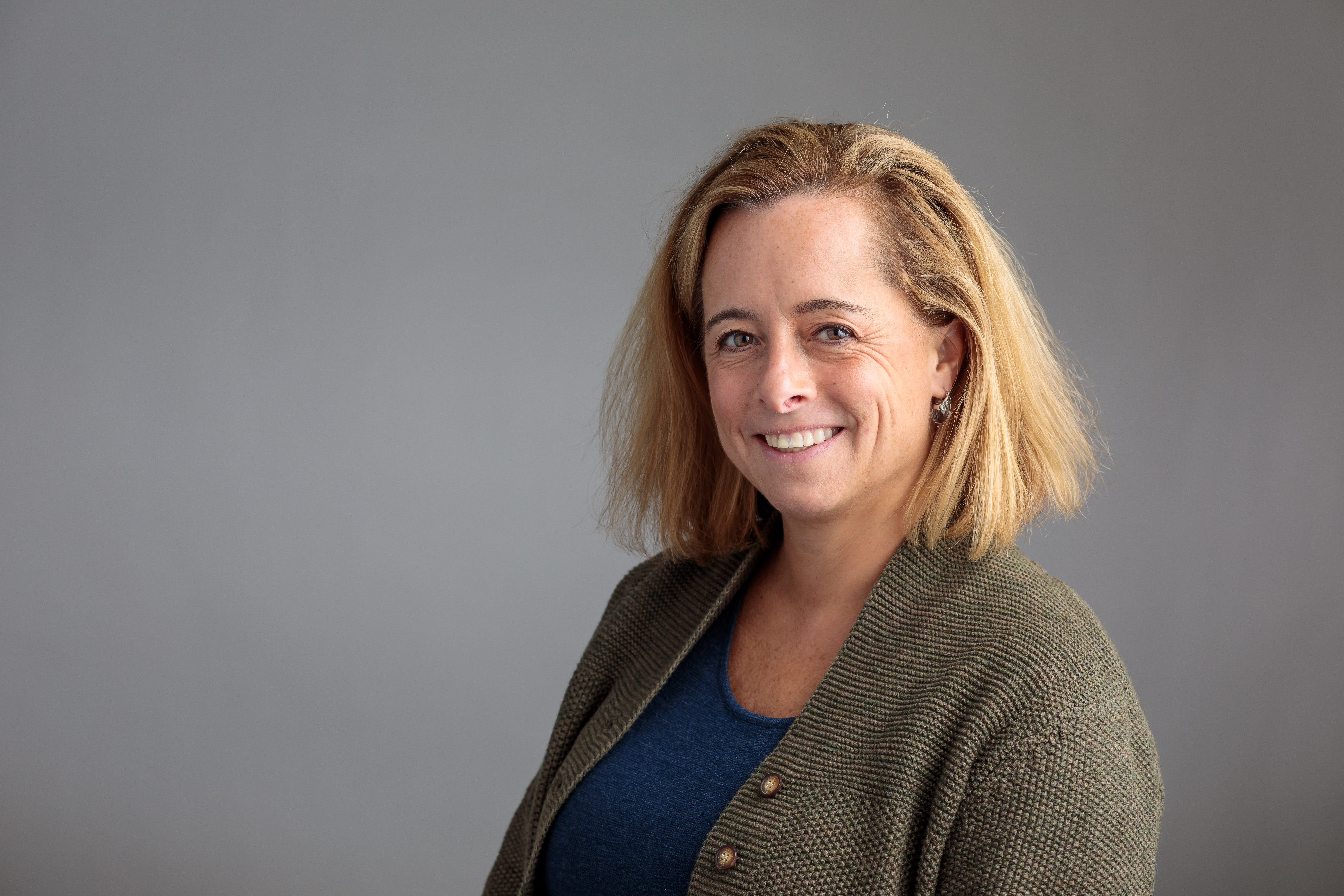New Study Underscores the Potential of Aging Services Technologies (ASTs) to Improve Care and Quality of Life
Washington — Focused efforts to increase awareness and expand use of aging services technologies (ASTs) can help improve health outcomes, preserve individuals’ ability to live independently in their homes and communities, improve care coordination, and reduce the cost of care, concludes a study jointly authored by LeadingAge’s Center for Aging Services Technologies (CAST) and the independent research organization NORC at the University of Chicago.
The “Aging Services Technology Study” details technology solutions for eight different care issues affecting older adults and people with disabilities: falls, chronic disease management, medication management, cognitive impairments, sensory impairments, depression, mobility impairment, and functional decline and loss of independence. All eight of these issues share the common features of high prevalence and cost. The study examines technology’s potential to improve outcomes, support independence, and contain cost, and concludes that there are a range of technologies that can, under the right operational models.
“This study is significant because it not only acknowledges important barriers to the development, adoption, and use of aging services technologies, but also because it identifies effective strategies for addressing them within existing resource constraints,” says Kristina Hanson Lowell, Ph.D., a Principal Research Scientist in the Health Care Research Department at NORC, and the project director of the study. “As the baby boomer generation retires, broader awareness and adoption of ASTs will be especially critical to independent living.”
The study, which was mandated by the Health Information Technology for Economic and Clinical Health (HITECH) Act, also concludes that acceptance and penetration of ASTs in other countries is broader due in large part to public initiatives that encourage adoption and use of such technologies. These initiatives include increasing public awareness, public service programs, and available incentives, as well as efforts to build and maintain the infrastructure to support them.
The study also suggests that integration and interoperability among these technologies and health information technology (IT) will do even more to achieve efficiencies and improve health outcomes. For example, fall prevention and chronic disease management technologies such as bed sensors become even more effective in meeting specific needs when they are integrated with specific forms of health IT such as electronic health records (EHRs).
“We hope that this study will inform future initiatives that will promote the innovation and widespread adoption of clinically effective, user-friendly, and cost-effective technologies,” says Majd Alwan, Ph.D., LeadingAge senior vice president for technology and executive director of CAST (the study co-director).
The study provides technology companies, caregivers, and aging services providers with a detailed overview of the aging services technologies landscape and their effectiveness in addressing care issues common among older adults and individuals with disabilities. It also offers a range of promising options for facilitating broader use of ASTs while accounting for current fiscal and political constraints.
“With the cost-of-care crisis looming large, technology will be increasingly key to reducing the monetary and social burdens of care delivery,” Alwan said. “We believe this study will advance the conversation about the ASTs that are currently available and the strategies and investments that could be used to spur the development and adoption of additional promising technologies.” Results from this study were included in a Report to Congress, which is available here.
About LeadingAge CAST
The LeadingAge Center for Aging Services Technologies (CAST) is focused on development, evaluation and adoption of emerging technologies that will transform the aging experience. As an international coalition of more than 400 technology companies, aging services organizations, businesses, research universities and government representatives, CAST works under the auspices of LeadingAge, an association of 6,000 not-for-profit organizations dedicated to expanding the world of possibilities for aging.
About NORC at the University of Chicago
NORC at the University of Chicago conducts research and analysis that decision-makers trust. As a nonpartisan research organization and a pioneer in measuring and understanding the world, we have studied almost every aspect of the human experience and every major news event for more than eight decades. Today, we partner with government, corporate, and nonprofit clients around the world to provide the objectivity and expertise necessary to inform the critical decisions facing society.
Contact: For more information, please contact Eric Young at NORC at young-eric@norc.org or (703) 217-6814 (cell).





